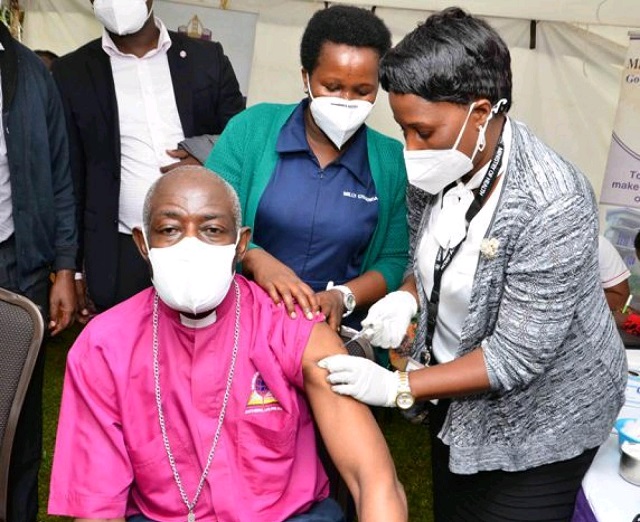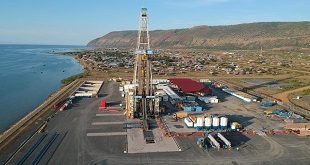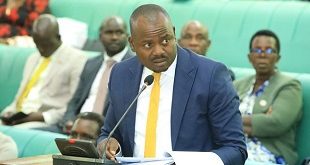
Kampala, Uganda | THE INDEPENDENT | The Archbishop of the Church of Uganda, Dr Stephen Kaziimba Mugalu has appealed to leaders at all levels to embrace the ongoing COVID-19 vaccination and help debunk fears and misconceptions about the AstraZeneca vaccine.
The call comes amidst a pile of controversies surrounding the use of AstraZeneca, which was initially marketed as the vaccine for the world. The use of the vaccine has been suspended in several countries following multiple reports of blood clotting developing in people after vaccination. There have also been concerns over the efficacy of the vaccine in people aged above 65.
Even though AstraZeneca said a safety data review of more than 17 million who have been vaccinated with the vaccine showed no evidence of an increased risk of blood clots in any defined age group, gender, batch or in any particular country, many people were still raising objections to its use.
But Dr Kaziimba says that it was important for all leaders to step out, and lead by example through receiving the vaccine. He was speaking from his residence at Namirembe where he, together with several Bishops of the Anglican Church and the provincial secretariat staff, among others, received their first dose of the AstraZeneca vaccine.
The Archbishop commended the Ministry of Health for considering religious leaders among the priority groups for the first round of vaccination, saying that it is important for them to encourage others in the fight against coronavirus.
“I want to appreciate the Minister of Health Dr Ruth Aceng for considering us because it was her who called me that they would like to come and definitely ensure that we are protected,” Kaziimba said, adding that following the call, he asked the Ministry to consider the clergy, their spouses, children and other people.
The other Bishops that received the vaccine together with their wives are, Central Buganda Diocese Bishop Micheal Lubowa, Mukono Diocese Bishop James William Ssebaggala, West Buganda Diocese Bishop Henry Katumba Tamale and the retired Bishop of Madi and West Nile Diocese, Joel Obetia.
Bishop James William Ssebaggala appealed to all Ugandans to embrace the vaccination process once it reaches them. He says that coronavirus is a threat to everyone and having a vaccine in place is a blessing that should be embraced to save lives.
Bishop Michael Lubowa equally encouraged Ugandans to resist all negative theories about the vaccine and embrace it so that lives are saved. He added that Ugandans need to continue observing standard operating procedures even after receiving the vaccine.
Bishop Henry Katumba Tamale says that the vaccine was developed for the good of the people and that science has proven that it can help save lives.
The Ministry of Health recently adjusted the vaccine roll-out plan and resolved to vaccinate 964,000 people. Initially, the ministry targeted 482,000 people, a number that represented half of the available vaccines. They intended to use the vaccines in two rounds, giving each person two shots of the AstraZeneca vaccine, eight weeks apart.
But a decision was later made that instead the vaccines should all be used, while waiting for another shipment which will be used for the second jab. The new decision brought on board new target groups of people to be vaccinated including religious leaders, legislators, staff of parliament and others.
Uganda expects to receive 1.5 million doses of the AstraZeneca vaccine from the COVAX facility as part of the 3.5 million vaccines donation. In addition to this, the country is expecting 400,000 more doses as part of the first batch from the Serum Institute of India. The vaccines are expected in May 2021, and they will be able to fully vaccinate all the people covered in the first round with the second jab.
If the vaccines do not arrive on time, at least 12 weeks after the first jab was issued, the level of protection that the first jab offers is expected to reduce to 50 percent or even lower. In situations such as that, the World Health Organization- WHO recommends that countries follow up with the second jab as soon as vaccines are made available.
*****
URN
 The Independent Uganda: You get the Truth we Pay the Price
The Independent Uganda: You get the Truth we Pay the Price


